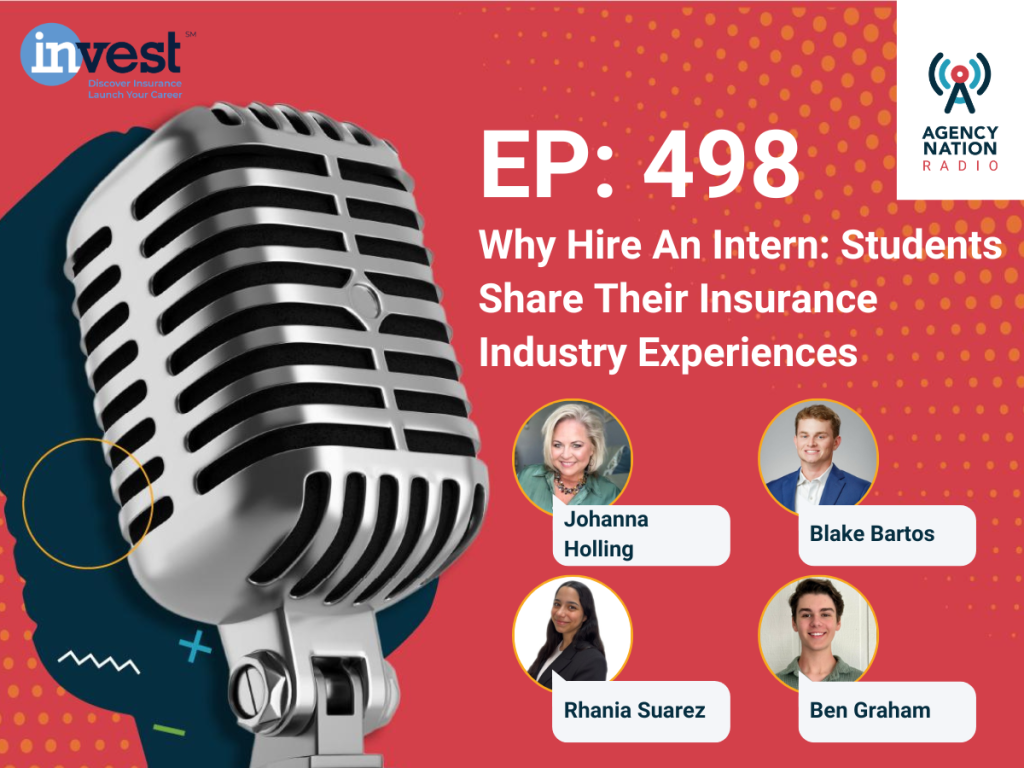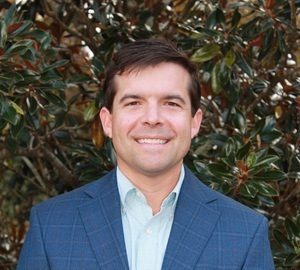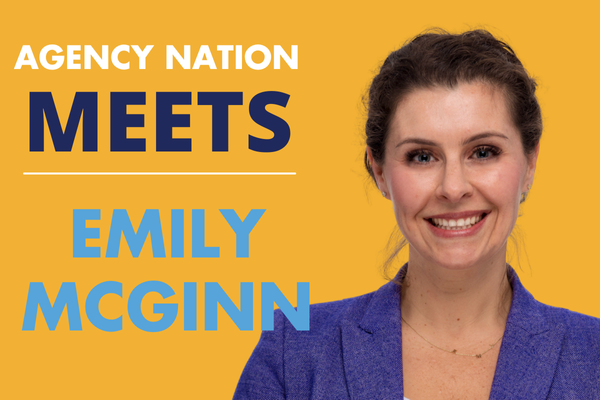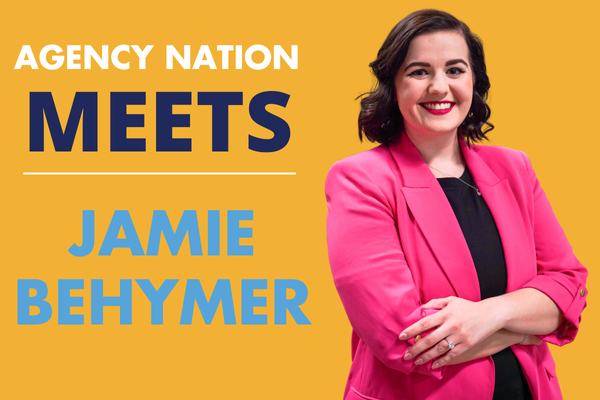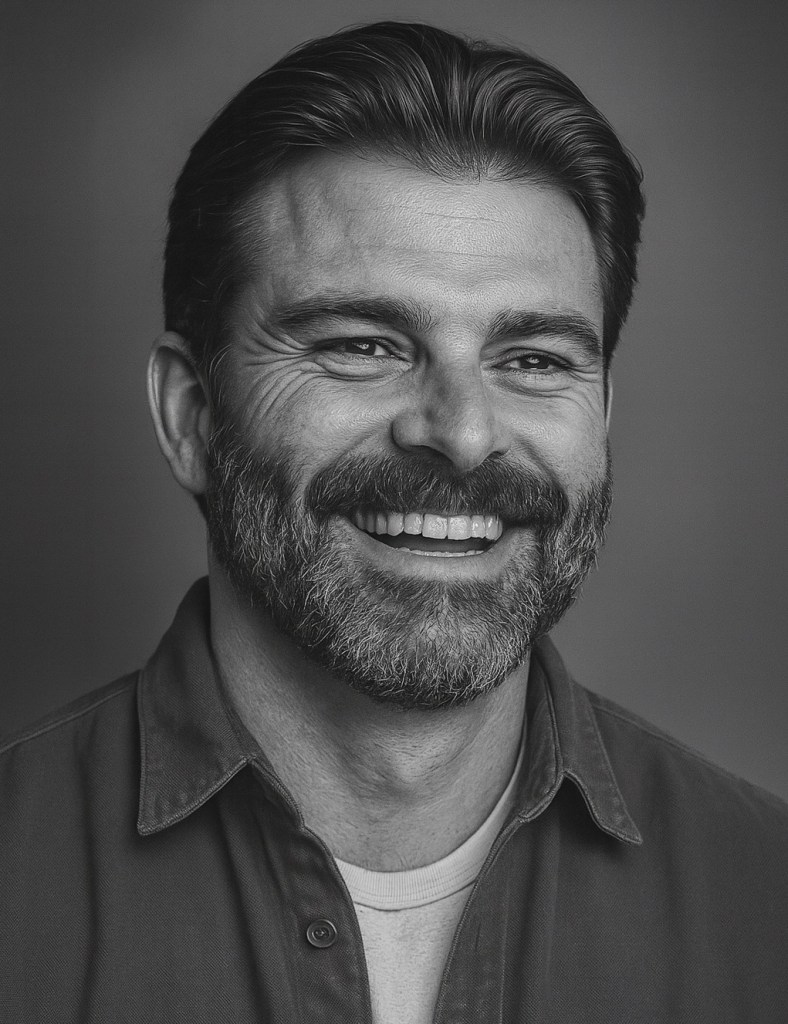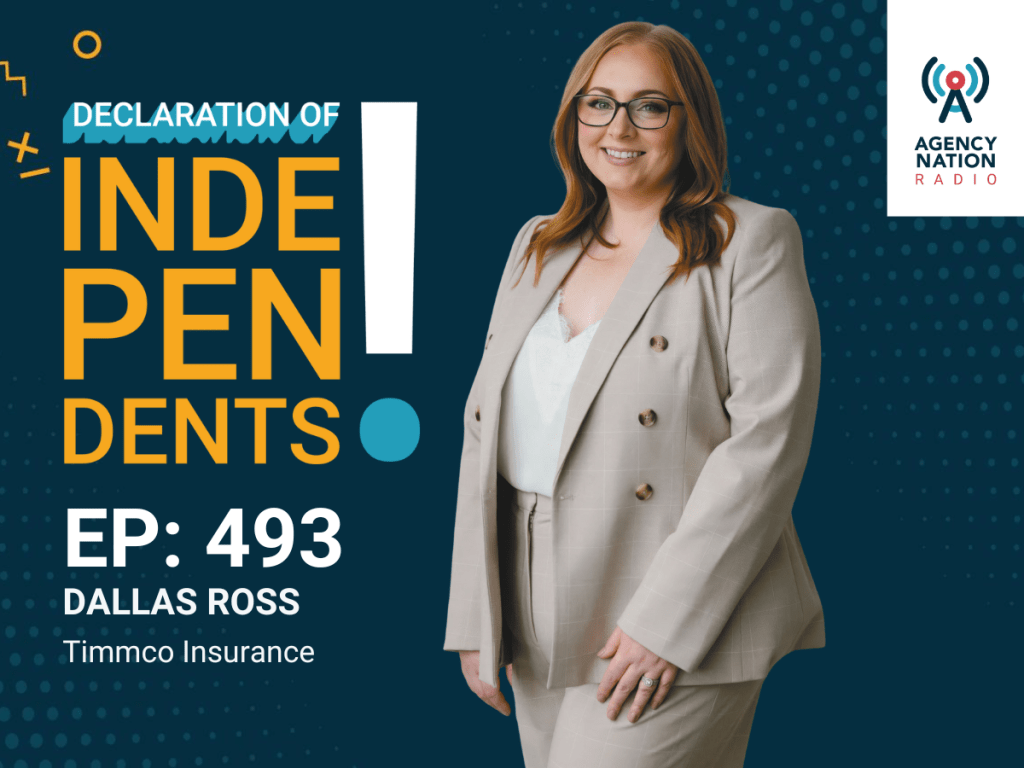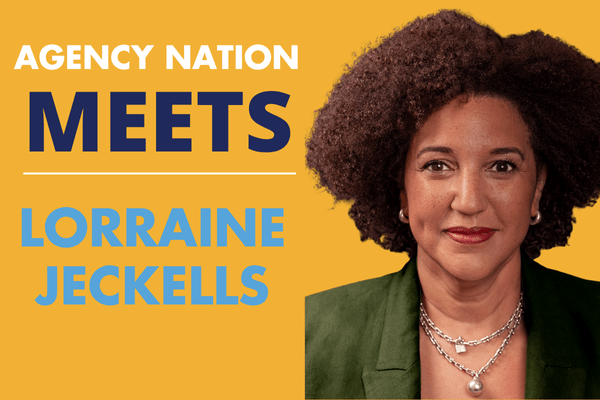Tomorrow Land: Meet Millennial Agent Anais Babajanian
By: Jacquelyn Connelly
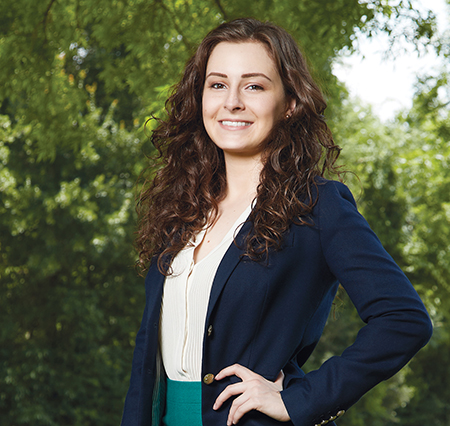 Anais Babajanian
Anais Babajanian
Principal
ATAB Insurance Services
Houston
Age: 27
Guilty pleasure TV show: America’s Got Talent, Dancing with the Stars
Uber or Lyft: Uber
In your earbuds: “Popular Latin crossover and some newer country music.”
Why insurance?
My mom started the agency 15 years ago. I worked for her part-time when I was in college at the University of Houston. I got my accounting degree, got my master’s, got my CPA, and I wanted to do my own thing.
I worked in public accounting for almost two years as an auditor, and I hated it. I quickly realized the grass wasn’t greener on the other side. Around that same time, my mom was really wanting to expand. She said, “I want your help. Come run the agency, I’ll replace your salary and this will be yours whenever I’m ready to retire.”
It’s not very often that someone just comes and hands you a full-functioning business. Perspective is everything—you don’t appreciate what you have until you go and do something you really don’t like. My accounting job made me really appreciate the agency a lot more.
Contrast between careers?
They’re polar opposites. Nobody likes auditors. Every single day, you walk into work and your client does not want you there. You’re not adding any value—you’re just coming in, pointing out problems and leaving. That’s just not who I am. I like people. I want to help them. And I was being worked to the ground—100 hours a week. Public accounting is not a sustainable lifestyle. I worked for a very large firm, and with them, you’re just a number. The only way to progress is to have somebody in your corner.
Moving to the agency was a complete 180. We’re very focused on small to midsize commercial insurance, and that’s my favorite part of the job—going to the client’s business, seeing how they operate and figuring out ways to help them. We really come at it from an educational standpoint, because a lot of people don’t know what they need or what they don’t need.
Now, I’m adding value, I’m educating people about how to protect their business and their investment, and I’m in control of how successful I am. I can work harder and bring in more business and make the money myself, versus waiting for someone else to hopefully give it to me because they think I deserve it.
Biggest role model?
Definitely my mom. Don’t get me wrong—we’ve had our differences. At the beginning, it was a challenge, because we have opposite personalities. We’re both hustlers, we want to bring in business, we want to help people, so in that frame of mind, we’re very similar. But my mom is a salesperson and nothing else—she wants to just pounce. I’m a lot more operations-minded. Sometimes I have to be like, “OK, let’s dial it down, let’s figure out the plan.” My mom doesn’t believe in plans. And I get it—she’s run the agency a certain way for 15 years, and I’m going to come in and be like, “Hold on, let’s change everything”? It’s not an overnight process.
Being patient has been a challenge, but I’m so grateful that she’s open-minded enough to allow me to make the changes I have made. We’ve learned from each other a lot, and just having that sense of “I’ll support you in whatever you want to do, and we can learn and go through it together” in the back of your mind—knowing you have that freedom, that makes a huge difference.
Spearheading change?
My mom is a very rolls-with-the-punches type of person, and that works when you’re a small agent first starting out, because you only have a handful of customers. But she had built her book up quite a bit, and at some point you need a way of organizing that business. When I came in, there was no way of tracking anything. My mom was still using paper files. She didn’t even have a policies and procedures manual.
My first major task was just converting to paperless—that took about six months. And then what I implemented is a pipeline system of new business quotes, renewals and rerates, which has been super helpful. I also literally wrote a policies and procedures manual. The last two years have been about getting the agency to a point where it’s running itself—where I can depend on the processes we’ve implemented.
And in terms of growing the business, my mom did zero marketing. She didn’t even have a website. She spent no advertising dollars, which is a testament to how great her networking is—all her business was by referrals. But I came in and thought, “This is a gold mine you haven’t tapped into.” I’m an accounting person, not a marketing person, so learning that is kind of my focus now—putting our name out there, branding ourselves, improving our social media presence.
Industry’s greatest challenge?
I think a lot of people in the insurance industry are stuck in the traditional way of doing business. I follow Agency Nation’s podcast, and one that really hit me is when Ryan Hanley said the linear sales funnel is dead. The days of cold calling are gone, because those people aren’t going to pick up the phone anymore. Some of the older agents still think that’s the primary way to bring in business, and it isn’t. You have to have an online presence, you have to have multiple touchpoints with your customers, you have to have social media, you have to have online campaigns, you have to be involved in your community—your clients need to see you everywhere so they know you’re an actual person.
The younger generations are attracted to stories. That’s why you see all these influencers on social media, all these people who become overnight sensations on Instagram. It’s because they have a story—they post videos of themselves in everyday life, and that is engaging to people. That’s what it’s about—humanizing agents so we get rid of that stigma of, “I’m just here to suck your money away for this policy you’re never going to use.” At the end of the day, your prospects can buy a Travelers policy from anybody. They want to come to you because of your story.
Thoughts on Gen Z?
With all these insurance disruptors coming into the scene, it’ll be significantly more challenging for Gen Z insurance agents to sell some of these simpler policies, because literally everything is now at people’s fingertips. You can buy renters insurance in five minutes from Lemonade. Even Progressive—we’re appointed with them, but they give people an additional discount for purchasing direct online versus going through an agent. More and more carriers are going to start realizing, “If people can just come to us directly, I don’t want to cut any commission to an agent.”
That’s going to make it significantly more difficult for Gen Z to differentiate themselves to sell more products. They’re really going to have to elevate their level of knowledge and storytelling to convince people to purchase insurance from an agent directly, because the digital age is only getting more and more advanced.
Millennial stereotype that fits you?
I don’t want to use the word “selfish,” but I think millennials are very individualistic—we want to do everything we want for ourselves first, which I don’t think is a bad thing. We want to be honest with ourselves. People in the older generations often say, “OK, when you turn this age, you get married, you have children and that’s your life.” But it’s not a one-size-fits-all journey. Everybody is different, and you have to respect that and know people are going to be happier for it. Just because it’s not your journey doesn’t mean it’s wrong.
Advice for a fellow young agent?
Don’t be too hard on yourself when you don’t understand everything about all these policies immediately, because at the end of the day, you’re not selling widgets; you’re not selling ice cream; you’re not selling furniture. You’re selling from a risk analysis standpoint. You’re going into a person’s life, seeing what it’s like from the inside, analyzing all of that and then curating products that fit. Doing that successfully requires a lot of time and a lot of experience, because every client is different. Insurance can be a very lucrative industry, but you’re not going to be an overnight success. So be patient. Be humble, and always be eager to learn.
This interview is the first in a series that profiles 10 millennials in the independent insurance industry, based on IA’s July cover story.
Jacquelyn Connelly is IA senior editor.



